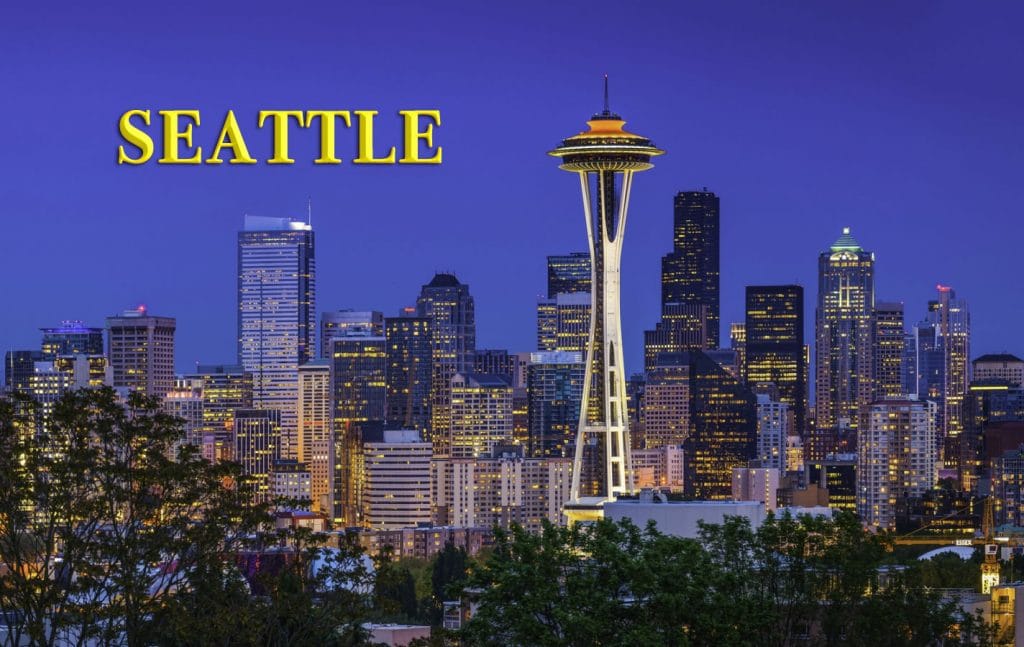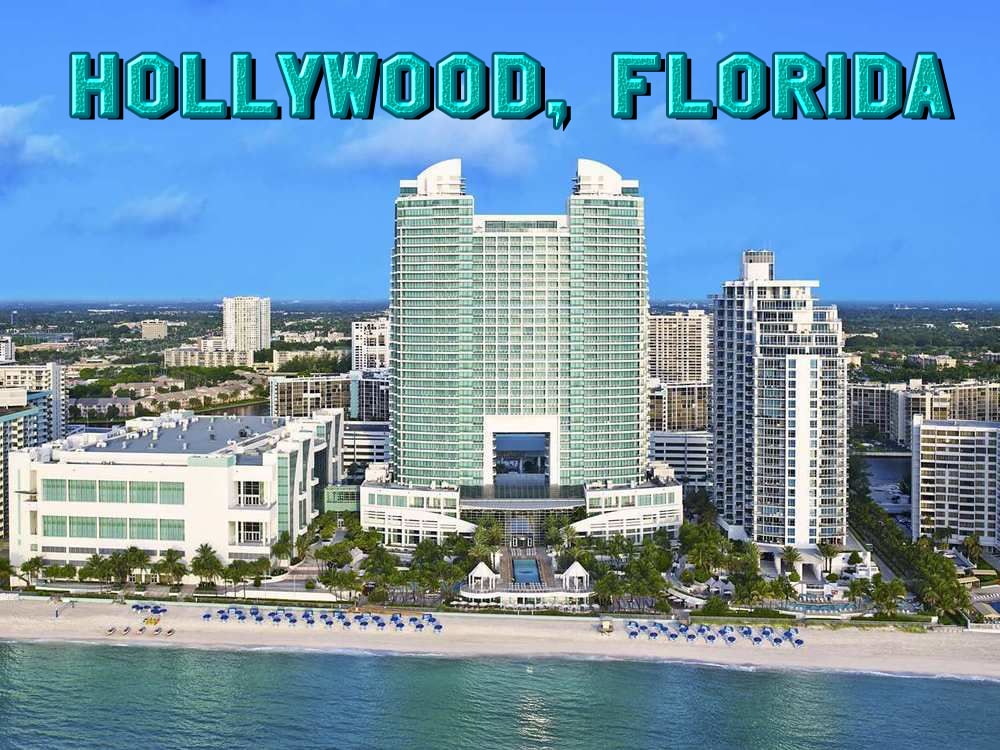In another step forward for SMART and the unionized sheet metal industry, SM Local 66 (Seattle) and SMACNA-Western Washington announced a joint initiative – the first in the industry – to make lactation pods available to new mothers, starting in April 2023. This is an important step that will help mothers in the sheet metal trade return to work without compromising convenience, privacy and comfort.
“They’ll have a seat, sink, HVAC, electricity for the breast pump and phone chargers, plus a refrigerator to keep the breast milk cold during the remaining hours of the workday,” reads a SMACNA-Western Washington press release. “The lactation pods are designed for comfort and accessibility and will keep women from the embarrassment of getting walked in on. They will also make it easier to keep breast milk fresh, reduce the difficulty of locating and getting to a private space and provide storage for their pumping gear.”
Returning to work as a new mother has historically been a very different experience for tradeswomen compared with those working in an office, for example. Many SMART sisters in the Pacific Northwest have reported that they frequently had to pump in places where privacy and peace of mind were anything but guaranteed, including port-a-potties, cars and more.
The Local 66-SMACNA-Western Washington partnership will aim to rectify those concerns: Through an exclusive partnership with a custom fabricator, the SMACNA-Western Washington press release adds, “the clean, sanitary pods will be digitally secure via an app.”
Local 66 – both leadership and the local’s Women’s Committee – collaborated with SMACNA-Western Washington, the Northwest Labor Management Organizational Trust and the Western Washington Sheet Metal JATC to raise funds for this landmark project. In addition to providing vital services to new mothers, the lactation pods will help strengthen Local 66 and SMART as our union seeks to grow across North America.
“This type of initiative demonstrates our ongoing commitment to progress; to making sure all workers are welcome on the job,” said SMART General President Joseph Sellers. “This is a groundbreaking first step as we continue to organize workers across our two nations.”

 Guests will then have the opportunity to have lunch on their own and to do some shopping in the city’s Ballard neighborhood. Overlooking Salmon Bay in the city’s northwest, the neighborhood once was home to lumber and shingle mills but now has a thriving commercial district with locally owned restaurants and boutiques.
Guests will then have the opportunity to have lunch on their own and to do some shopping in the city’s Ballard neighborhood. Overlooking Salmon Bay in the city’s northwest, the neighborhood once was home to lumber and shingle mills but now has a thriving commercial district with locally owned restaurants and boutiques.

 SEATTLE – City Councilmember Mike O’Brien and all eight of his council colleagues signed a letter calling for the U.S. Secretary of Transportation to issue an emergency order prohibiting the shipment of Bakken crude oil in legacy DOT-111 tank train cars. Bakken is highly flammable and easily ignited at normal temperatures by heat, static discharges, sparks or flames, and vapors which may form explosive mixtures with air and spread along confined areas such as sewers. The Seattle City Council is the first in the country to support the petition, filed by Earthjustice on behalf of the Sierra Club and ForestEthics.
SEATTLE – City Councilmember Mike O’Brien and all eight of his council colleagues signed a letter calling for the U.S. Secretary of Transportation to issue an emergency order prohibiting the shipment of Bakken crude oil in legacy DOT-111 tank train cars. Bakken is highly flammable and easily ignited at normal temperatures by heat, static discharges, sparks or flames, and vapors which may form explosive mixtures with air and spread along confined areas such as sewers. The Seattle City Council is the first in the country to support the petition, filed by Earthjustice on behalf of the Sierra Club and ForestEthics.